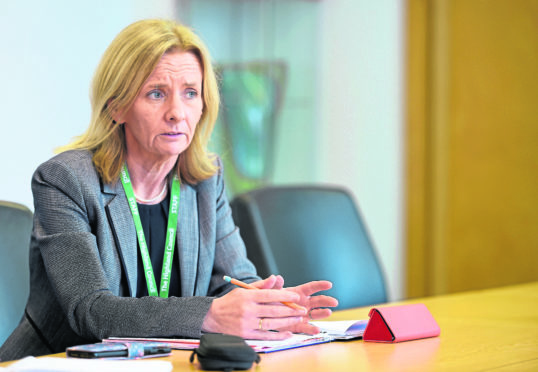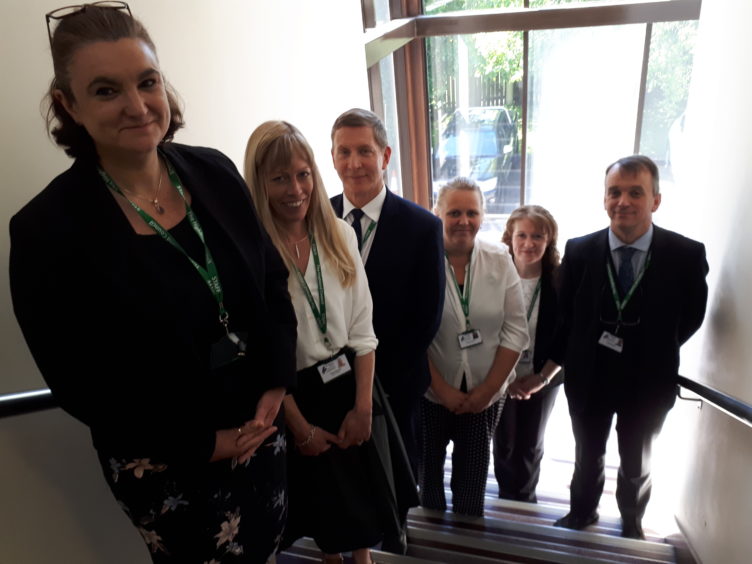Teacher, parent and pupil anxieties over cuts in Highland Council’s education service were underlined in an interim report presented to councillors yesterday.
The report’s observations prompted the council’s chief executive Donna Manson to reassure the community that “the council is a listening and learning organisation, and if something doesn’t work, it will be adjusted”.
The report was presented by the five head teachers seconded from Highland school to start work this summer on six ‘pillars’ of work created to identify and facilitate the so-called transformational changes, involving £1.7m cuts this year.
Claire McGonigal, seconded from Grantown Grammar, is responsible for a review of one of the most emotive aspects of the transformation, additional support needs (ASN).
She said the stark result of an ongoing survey showed that more than 50% of parents in Highland consider their child as having additional support needs, which is then translated to an expectation in school.
She said: “Sometimes those additional support needs are very small and short-term, and sometimes much bigger, and increasingly including mental health needs.”
She said the reduction of staff have led to ‘increased teacher creativity” in dealing with lower level needs, with 30% of those needs being met in the classroom.
She said: “The ASN staff are very much focused on those children with the greater level of needs, so I think that is a result, and a change in practice and mindset.”
Ms McGonigal admitted that the pressure was being felt at the chalk face.
She said: “Staff and schools are feeling very stretched.
“In the past there has been considerable overspend and there is now an understanding that the budget is a finite resource and there will never be any more money in ASN.”
Mrs Manson, who instigated the education transformation after coming into post a year ago, said she recognised the cuts were causing anxiety.
She said: “It takes about three years to transform a school system.
“We have our challenges, but we need to give people time to take forward what we’re doing, and the key is listening to staff and being out there working with them as we go through the process.
“We’ve identified the real issues that we need to work on, we need people working together, we need to look at some of the bureaucracy that’s preventing progress and we need to get underneath the complexity of additional support needs.”

